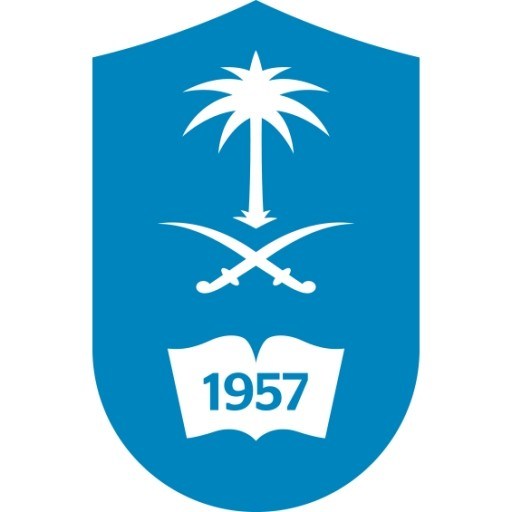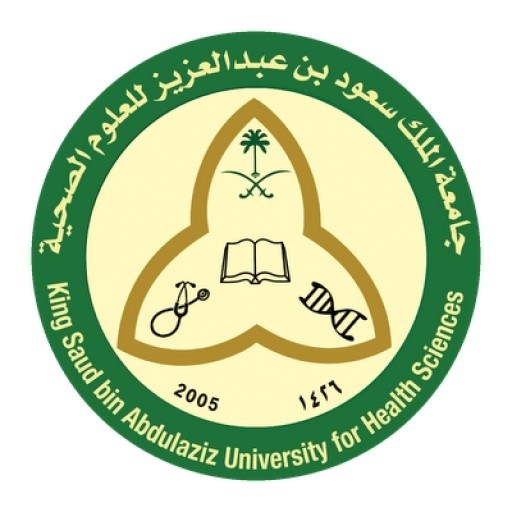Photos of university / #king_saud_university
The Bachelor of Science in Petroleum and Natural Gas Engineering at King Saud University is a comprehensive program designed to prepare students for successful careers in the oil and gas industry. This interdisciplinary program combines fundamental engineering principles with specialized knowledge related to the exploration, development, and production of petroleum and natural gas resources. Throughout the program, students acquire a solid foundation in mathematics, physics, chemistry, and engineering sciences, which are essential for understanding the complex processes involved in hydrocarbon extraction and processing.
The curriculum emphasizes hands-on training and practical applications, including laboratory work, field studies, and simulation exercises, to ensure students are well-equipped to tackle real-world challenges. Students learn about reservoir engineering, drilling engineering, production technology, and facilities engineering, gaining insights into the entire lifecycle of petroleum and natural gas projects. Special topics such as environment and safety management, renewable energy integration, and sustainable practices are also incorporated to prepare graduates for the evolving energy landscape.
By the end of the program, students are expected to have developed critical problem-solving skills, technical competence, and a professional attitude necessary for roles such as reservoir engineers, drilling engineers, production engineers, and field supervisors. The program also encourages the development of research capabilities and innovation, fostering a mindset geared toward continuous improvement and adaptation to new technologies. Collaboration with industry partners, internships, and industry-relevant projects are integral parts of the curriculum, providing real-world experience and networking opportunities. Graduates of this program are well-positioned to contribute to the development of Saudi Arabia’s hydrocarbon resources and to pursue advanced studies or research in petroleum engineering. The program aligns with the university’s mission to produce skilled engineers capable of supporting national development and sustainable energy policies.
Mandatory Common Courses
- Theory of fluid flow through porous media
- Advanced drilling engineering
- Advanced petroleum production engineering
Mathematics Courses
- Probability and mathematical statistics
- Numerical linear algebra
- Ordinary and partial differential equations
- Advanced operations research
Track Petroleum Reservoir Engineering
- Waterflooding
- Tertiary oil recovery
- Reservoir simulator development
- Advanced natural gas technology
- Advanced well test analysis
- Advanced petroleum economics
- Advanced topics in petroleum engineering
Track Petroleum Production Engineering
- Waterflooding
- Advanced natural gas technology
- Advanced well stimulation technology
- Multiphase fluid flow in conduits
- Reservoir evaluation
- Advanced petroleum economics
- Advanced topics in petroleum engineering
Track Oil Well Drilling Engineering
- Advanced drilling fluids engineering
- Advanced well stimulation technology
- Oil exploration
- Advanced petroleum economics
- Rock mechanics
- Advanced topics in petroleum engineering
Requirements
- Applicants for the Master's degree must hold the Bachelor of Science (B.Sc.) degree from King Saud University or an equivalent degree from another accredited university with the minimum grade of "Very Good". It is possible, upon the recommendation of the departmental Council the approval of the College of Engineering Council and the Dean of Graduate Studies, to provide a conditional acceptance to a student with the grade of "Good". The admission is considered final only after the student had completed two semesters and attained a grade point average not less than "Very Good".
- It is possible to accept students holding Bachelor of Science degree in other engineering branches. In this case, the department may require additional courses which applicants must take and pass their exams with a minimum grade of "Very Good"
- Students will be enrolled on a full-time basis. Exceptions may be made for part-time upon the recommendation of the Department Council, and with approval of the College Council and the College of Graduate Studies Council.
- Obtain a minimum score on TOEFL or IELTS. Internet-based TOEFL 61, Computer-based TOEFL 173, Paper-based TOEFL 500, IELTS 6
The Petroleum and Natural Gas Engineering program at King Saud University offers a comprehensive approach to financing studies, designed to support students throughout their academic journey. Funding options include government scholarships, which are available to both Saudi nationals and international students, providing full coverage of tuition fees, accommodation, and living expenses. These scholarships are awarded based on academic merit, extracurricular achievements, and other criteria established by the university’s scholarship committee. Additionally, students may be eligible for financial aid programs that assist those demonstrating financial need, ensuring that talented individuals from diverse backgrounds can pursue their education without economic barriers.
The university also encourages students to participate in work-study opportunities, internships, and cooperative education programs that provide stipends or part-time employment, allowing students to gain practical experience while earning income. For transfer students or those enrolled in specific tracks, there may be departmental or faculty-level scholarships aimed at supporting research projects or specialized training, further reducing financial burdens. External funding sources, such as industry sponsorships from leading oil and gas companies, occasionally partner with the university to fund research initiatives and scholarships, especially for graduate students involved in petroleum engineering research.
Students are advised to regularly check the official King Saud University scholarship portal, financial aid office, and department notifications for updated information on available funding opportunities. The university also provides financial planning resources, advising services, and workshops to help students effectively manage their tuition payments and living costs. Overall, the financing of this program is structured to ensure that all qualified students can access high-quality education in Petroleum and Natural Gas Engineering without undue financial hardship, fostering the development of skilled professionals in the energy sector.
Petroleum and Natural Gas Engineering at King Saud University is a specialized undergraduate program designed to prepare students for careers in the oil and gas industry, which is a vital sector of the global economy and particularly significant for Saudi Arabia. The program aims to equip students with a comprehensive understanding of the principles and applications related to the exploration, extraction, production, and management of petroleum and natural gas resources. The curriculum encompasses core engineering disciplines such as geology, reservoir engineering, drilling engineering, production engineering, and natural gas technology, integrating theoretical knowledge with practical skills.
Students enrolled in this program undergo rigorous training through a combination of classroom learning, laboratory work, and field experiences. The program emphasizes the development of technical expertise alongside critical thinking, problem-solving, and innovative abilities necessary for addressing the complex challenges faced by the petroleum industry. As the industry evolves with advancements in technology and stricter environmental regulations, the program incorporates modern topics such as sustainable energy practices, environmental impact assessment, and the utilization of digital technologies in exploration and production.
Graduates from the Petroleum and Natural Gas Engineering program at King Saud University are prepared to work in various sectors including upstream exploration, production, refining, and distribution. They can pursue careers with national oil companies, international petroleum corporations, engineering consultancy firms, and research institutions. The program also provides a solid foundation for students interested in pursuing postgraduate studies or engaging in research related to energy resources.
The university's facilities support practical learning through well-equipped laboratories, simulation labs, and access to industry-standard software. Collaboration with industry partners ensures that students are exposed to real-world challenges and innovations in the field. Additionally, the program emphasizes the development of professional and ethical standards required to operate safely and responsibly within the energy sector.
Overall, the Petroleum and Natural Gas Engineering program at King Saud University strives to produce highly competent engineers who can contribute to Saudi Arabia's Vision 2030, which aims to diversify the country's economy and enhance its energy sector's sustainability and efficiency. The program is aligned with the university's missions of academic excellence, research advancement, and community service, ensuring that graduates are well-prepared to meet the demands of the dynamic oil and gas industry worldwide.

